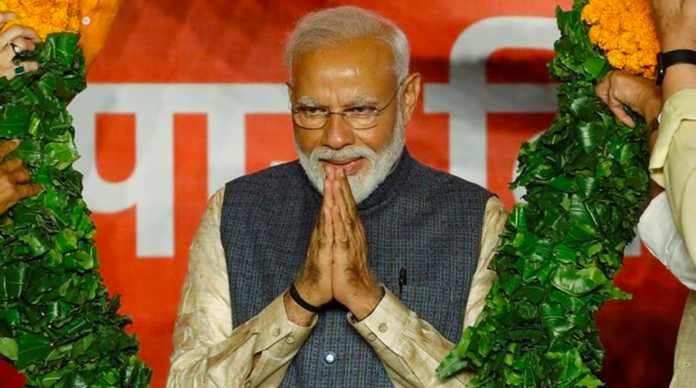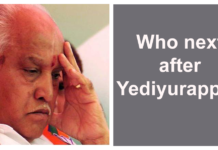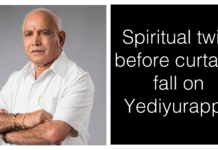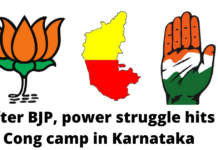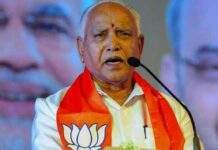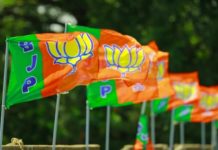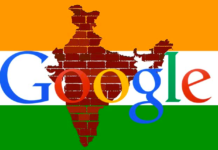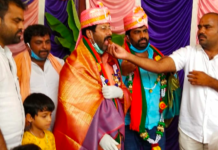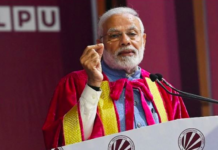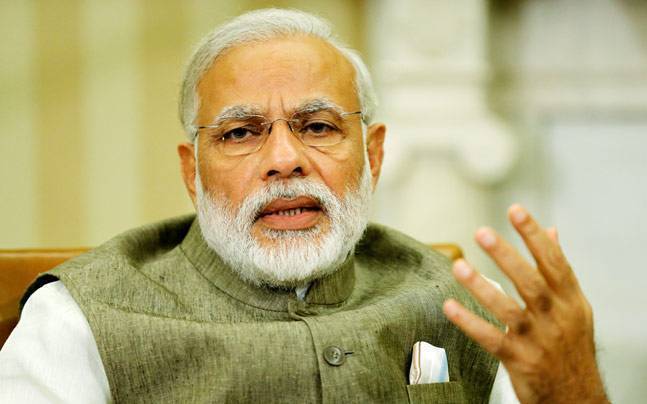Modi seems to have realised that he made a few crucial mistakes during his first tenure.
New Delhi: Prime Minister Narendra Modi was a subdued man when he made his victory speech at the BJP headquarters here Thursday evening. The fizz that was evident after his 2014 election win was missing. He was more sober, introspective, mellowed and showed signs of being accommodative.
In his speech, he called the win a victory of democracy. But mark his next few sentences: “I will not do anything with ill intention or bad desire. I may make mistakes. I will not do anything for myself but I assure you, every moment of my life and every cell in my body will work non-stop to ensure that the country keeps moving forward.”
Modi was probably referring to the demonetisation step that he took in November 8, 2016, that resulted in massive unemployment and was partly responsible for sluggishness in economy, agriculture and rural distress. This is why he said “I may make mistakes.” But then he added “I will not do anything with ill intention or bad desire.”
Demonetisation was a mistake because of two reasons: it was not properly thought out and, secondly, it was rushed through. Modi reportedly did not consult many in taking such a vital decision. This is why he said there was no ill intention or bad desire.
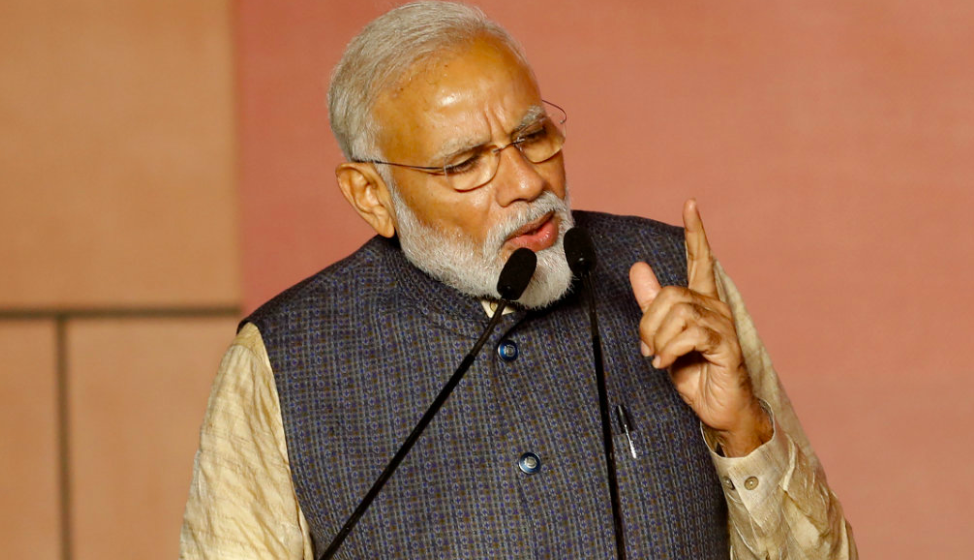
Modi probably gave hints that he would correct these mistakes and give the economy a new thrust while addressing unemployment, agriculture distress and rural backwardness.
Will he be vindictive? Well, he promised that the bitterness exhibited during the campaign would be pushed behind. “Whatever happened during the election is behind me. We have to move forward, we have to take everyone along for the good of the country. We must remember the Constitution is supreme,” the Prime Minister said.
And to strengthen his stand he drew an analogy from the Mahabharata. “Just like Lord Krishna said post Kurukshetra battle that he was on the side of Hastinapur, 130 crore Indians have said today, they are on the side of India.”
But this promise is hard to implement as Modi has venom-spewing MPs like Pragya Thakur and Ananthkumar Hegde in his pack. UP Chief Minister Yogi Adityanath is no different.
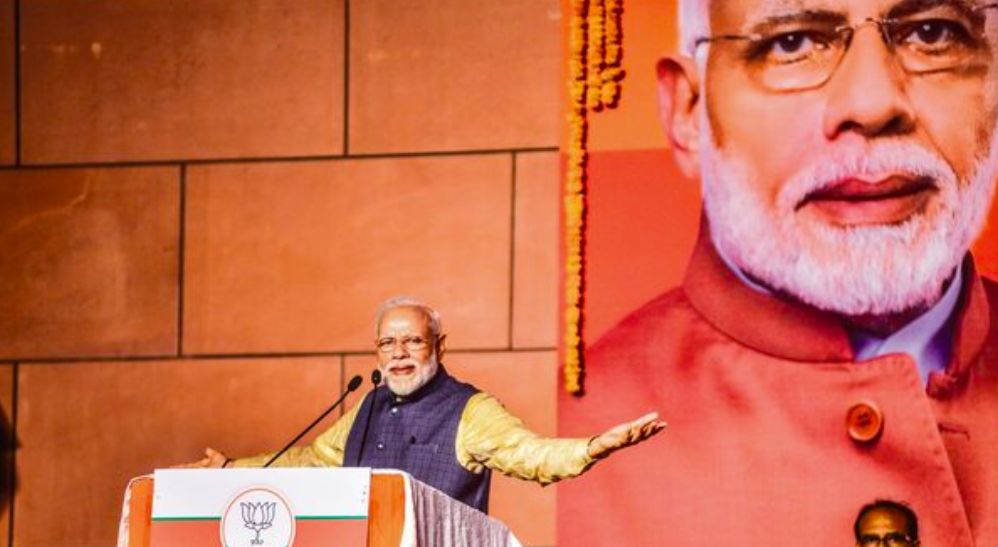
It is to be seen if he will be able to keep the fringe elements in check. And Modi’s challenge will only grow larger when the fringe elements and hardliners take up the Ram Mandir issue.
When he said “We have to move forward, we have to take everyone along for the good of the country”, was Modi referring to the minority communities? Probably yes. How he will control out-of-mind Hindu gangs who go about killing minorities in the name of cow protection is to be seen.
When he said “We must remember the Constitution is supreme,” Modi was probably referring to the deep tussle in the Supreme Court and other constitutional bodies.
And then he added: “In 2014 when I approached you did not know me, but in 2019, you gave me a bigger mandate when you started knowing me. You filled this fakir ki jholi (poor man’s bag).”
Modi should realise that India need not know Modi; it is Modi who should know India.






























